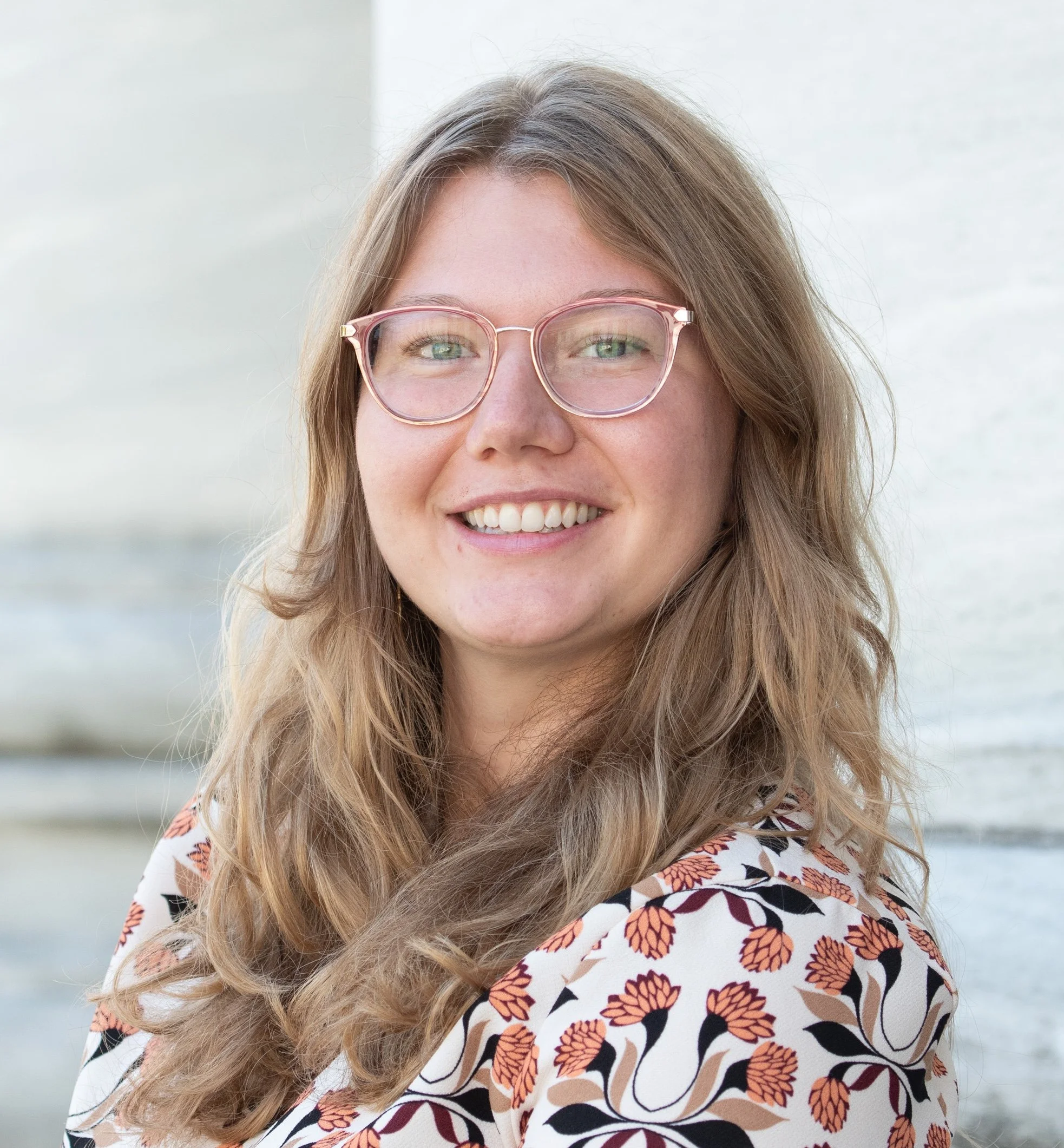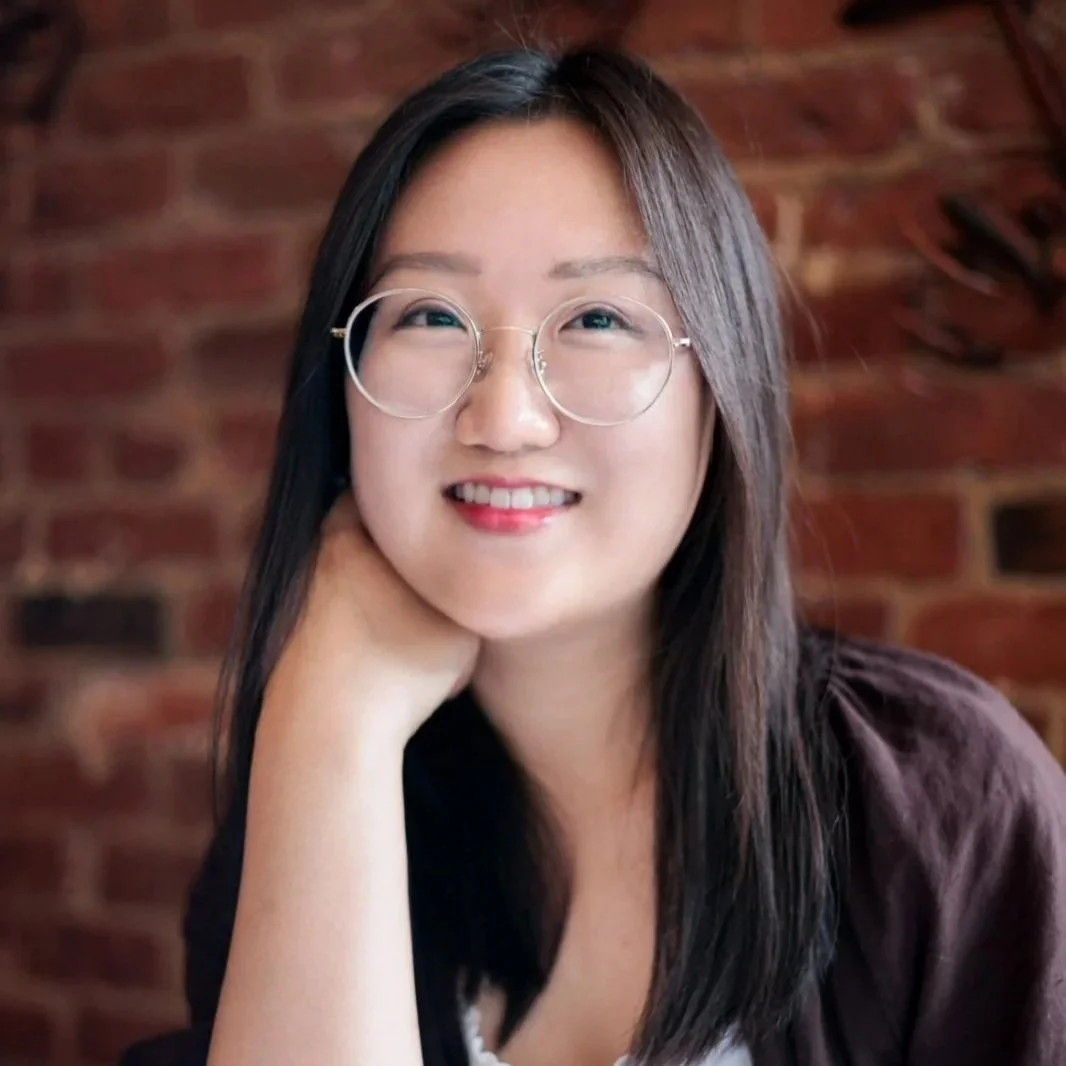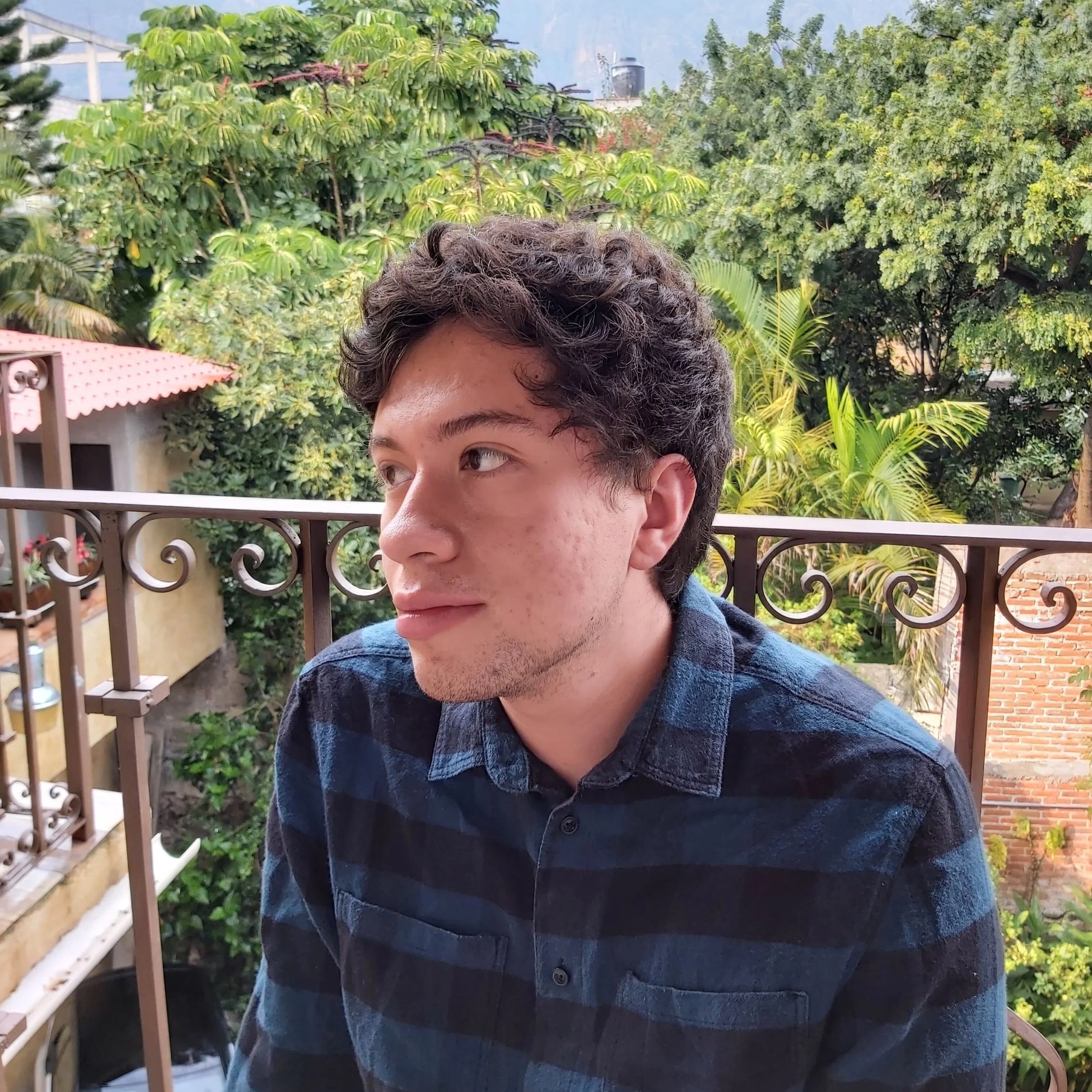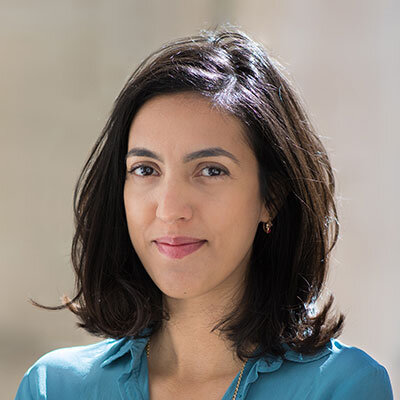GenderSci Lab Affiliates
Lab Management
Sarah Richardson
Lab Director (she/they)
Sarah S. Richardson is the Aramont Professor of the History of Science and of Studies of Women, Gender, and Sexuality at Harvard University and directs the Harvard GenderSci Lab. A historian and philosopher of science, Richardson is a leading scholar of gender and science whose work argues for conceptual rigor and social responsibility in scientific research on sex, gender, sexuality, and reproduction. Richardson serves on the Standing Committees for Degrees in Social Studies and for the Mind, Brain, and Behavior Interfaculty Initiative at Harvard.
Richardson is the author of The Maternal Imprint: The Contested Science of Maternal-Fetal Effects and Sex Itself: The Search for Male and Female in the Human Genome. She has published two edited volumes, Revisiting Race in a Genomic Age and Postgenomics: Perspectives on Biology After the Genome, articles in Signs: Journal of Women in Culture and Society, Studies in History and Philosophy of Science, BioSocieties, the Hastings Report, and Biology and Philosophy, and commentaries in Nature, Proceedings of the National Academy of Sciences, and the Journal of Neuroscience. Her work has also appeared in popular forums such as Slate, the New York Times, and the Boston Globe.
Richardson's research has been supported by the Wissenschaftskolleg zu Berlin, the Radcliffe Institute for Advanced Study, the American Council of Learned Societies, and the American Association of University Women. She has served on the Governing Board of the International Association for the History, Philosophy, and Social Studies of Biology and is a member of the editorial boards of Signs and Bulletin of the History of Medicine.
You can contact her at srichard@fas.harvard.edu
Alexander Borsa
Mentorship Maven (he/him)
Alexander Borsa is a PhD Candidate in Sociomedical Sciences at Columbia University, on the Sociology track. He is interested in the construction and management of sexual subjectivities, including how the intertwined forces of finance and biomedicine work to produce these formations. In addition to research, Alex has worked on public health issues affecting NYC for nearly a decade, including HIV prevention and treatment, MPOX, and LGBTQ health.
Marion Boulicault
Director of Interdisciplinary Research & Community (she/her)
Marion Boulicault is a feminist philosopher of science, and is currently an Assistant Professor at the University of Edinburgh. Her research analyzes the socio-political dimensions of scientific measurement practices. She has a PhD in Philosophy from MIT, and an MPhil in the History & Philosophy of Science from the University of Cambridge.
As Director of Interdisciplinary Research & Community at the Harvard GenderSci Lab, Marion explores and theorizes the opportunities, challenges and conceptual questions that arise when working across disciplines. In collaboration with the other Lab Directors, she leads research projects that integrate multiple skill sets, backgrounds and perspectives. Her role also involves a vigorous commitment to mentorship, public outreach and cross-institutional collaboration. Together with lab colleagues, Marion's work has been published in journals including Nature, Human Fertility and Psychological Science, as well as in public media venues, such as Slate and The Guardian.
Cherisse Haakonsen
Executive Assistant (she/her)
Cherisse Haakonsen is the Executive Assistant for the GenderSci Lab, providing administrative support, scheduling, and communications for the director and team. She brings over 30 years of experience in academic administration and a strong commitment to equity-focused research. Before joining the lab, Cherisse worked as an Executive Assistant for seven years, supporting senior leadership with calendars, travel, and events. She is known for her organization, responsiveness, and collaborative spirit. Originally from Barbados, Cherisse enjoys walks with her dog and discovering new books and recipes.
Annika Gompers
Lead for Data Strategy and Quantitative Methods (she/her)
Annika Gompers is a PhD student in Epidemiology at the Emory University Rollins School of Public Health. She is interested using an intersectional lens to study the social and structural determinants of gendered inequities in health and healthcare. Prior to starting at Emory, she worked as a data analyst in the OB/GYN Department at Beth Israel Deaconess Medical Center. She received an MPhil in Health, Medicine, and Society from the University of Cambridge and an AB in Integrative Biology with a secondary in Studies of Women, Gender, and Sexuality from Harvard College.
Katharine Lee
Scientific Director (she/her)
Katie is an Assistant Professor in the Department of Anthropology at Tulane University. Prior to that she was a postdoctoral scholar in the Division of Public Health Sciences at Washington University School of Medicine. She studies women’s health using theoretical perspectives derived from feminist biology, combining technical experience to optimize data collection and manipulation with anthropology to situate that data in social and historical contexts. She holds a PhD in Anthropology with a minor in Gender & Women’s Studies (UIUC), MS in Business Administration (Texas A&M-Texarkana), and BS in Biomedical Engineering (Tulane University).
Mia Miyagi
Lead for Computational Biology and Genomics (they/she)
Mia is a postdoctoral fellow at the Center for Computational Molecular Biology at Brown University. She is interested in disentangling the genomic signals of gender-biased and sex-biased demographic events and exploring how gendered effects can create signs of sex differences in genetic data. Previously, she received her PhD in Organismic and Evolutionary biology from Harvard.
Meredith (Max) Reiches
(she/her)
Meredith Reiches is a founding member of the Gender and Science Research Group, precursor to the GenderSci Lab. She is currently an Associate Professor of Anthropology at the University of Massachusetts Boston and a candidate for rabbinic ordination at Hebrew College. Reiches works at the intersection of evolutionary biology and gender and race ideology. She asks not only how human bodies grow and reproduce, but also how human histories and power relations structure what kinds of questions--and answers--researchers and publics are able to formulate and metabolize. Topics include: How do adolescent bodies navigate the transition from growth to reproductive function? How do social identities including gender and race become embodied during adolescence? How do contemporary, normative social systems like heterosexuality shape evolutionary narratives of human origins?Reiches’s peer-reviewed work has been published in journals including the American Journal of Human Biology; Evolution, Medicine, and Public Health; and Signs: Journal of Women in Culture and Society. Together with lab colleagues, she has written for wider audiences on platforms including The New York Times, Slate, and The Guardian. You can think of her as the Labbi.
Lab Members
Lauren Rothenberg Aalami (she/her)
Lauren is a graduate research fellow at the Stanford University School of Medicine, where she is working on a machine learning-generated index for expressing abdominal aortic aneurysm progression and rupture risk that accounts for sex-linked anatomic variation with the Center for Artificial Intelligence in Medicine and Imaging (AIMI). Her research explores the role of sex and gender in cardiovascular disease (CVD) outcomes, the treatment of sex and gender in best-practice guidelines for CVD management, and the morbidity and mortality consequences of diagnostic and operative thresholds that do not account for sex-linked variation.
Hannah Bentz (she/they)
Hannah is a graduate student at Harvard Medical School pursuing a Master of Science in Bioethics, and is a research intern in the Disparities Research Unit at Massachusetts General Hospital. Her research focuses on biomedicine’s ethical, social, and epistemological dimensions, particularly at the intersection of gender, structural inequities, and scientific knowledge production. She graduated from Indiana University Bloomington with a BS in neuroscience, a BS in microbiology, and minors in sociology and chemistry. She is interested in interdisciplinary approaches that bridge biology and sociology and is committed to integrating ethical analysis with clinical and community-based care.
Eunice Chon (she/her)
Eunice Chon is an undergraduate at Harvard College studying History of Science, Philosophy, and Mind, Brain, and Behavior. She is interested in neuroethics and the history of psychiatry, medicine, diagnosis, gender, motherhood, caregiving, and loss. Eunice also works as a clinical psychiatry researcher at Massachusetts General Hospital’s Postpartum Traumatic Stress Disorders Research Program, where she studies childbirth trauma, postpartum depression, and maternal-infant attachment.
Joseph Dov Bruch (he/him)
Director of Healthcare and Finance Research Team
Joseph Dov Bruch is an Assistant Professor in the Department of Public Health Sciences at the University of Chicago. He also directs the Health Care Finance Team at the Harvard GenderSci lab. Broadly, his research is focuses on financial systems, policies, and institutions and their influence on population health and health care delivery. Within the GenderSci lab, he examines the role of financial firms and investments in the “women’s health industry,” with a focus on venture capital firms and the femtech industry as well as private equity’s influence in women’s health. He is interested in feminist frameworks to draw links between capitalism and health.
Joseph graduated from Harvard University with a Ph.D. in Population Health Sciences and a Master’s Degree in Biostatistics. As a social epidemiologist, Joseph attends to the ways social structures and policies impact health and health equity.
Ann Caroline Danielsen (she/her)
Ann Caroline Danielsen is a PhD student in Population Health Sciences at the Harvard School of Public Health, from which she received her MPH in 2021. Her interest lies in exploring how interdisciplinary, critical approaches to public health can be mobilized to improve health equity - with a specific focus on gender. Prior to coming to Harvard, she received a bachelor in Biomedical Science from King’s College London and a master’s in History of Science, Technology and Medicine from the University of Manchester. In between different “waves” of Academia, she worked at the European CDC, in the private sector, and in Multiple Sclerosis clinical research.
Emily Dore (she/her)
Emily C. Dore is a postdoctoral research fellow at the SPHERE Center at the Harvard TH Chan School of Public Health. Her research examines macro-level determinants of health with a goal of informing policies that decrease health inequities including the long-term health impacts of economic policy exposure in childhood and the role of state-level structural sexism on health care use.
Marina DiMarco (she/her)
Co-Director of Engaged Communications
Marina DiMarco is an Assistant Professor in the Department of Philosophy at Washington University in St. Louis. She works on the ethics, epistemology, and politics of the health and life sciences. She is especially interested in big data biology, biotechnology, and biosocial science.
Eduardo Ferreriz-Duarte (he/him)
Eduardo is a PhD student in Philosophical and Social Studies of Science and Technology at the National Autonomous University of Mexico (UNAM) in Mexico City. His research focuses on the scientific construction of primate sexuality from an epistemological perspective. His main areas of interest include science; gender and sexuality studies; philosophy of biology; critical studies of primatology and the evolution of behavior; social studies and epistemology of science; and bioethics.
Abigail Higgins (she/her)
Abigail Higgins is a PhD candidate in the History of Science Department at Harvard University. She is interested in the history of medicine, health, and the environment in the 20th and 21st centuries. She graduated magna cum laude from Harvard University with an A.B. in History and Science and a secondary in Global Health and Health Policy. Prior to joining the Ph.D. program, Abigail worked in the healthcare and life sciences industry.
Patricia Homan (she/her)
Patricia (Trish) Homan is an Associate Professor of Sociology and Director of Research and Strategic Initiatives for the Public Health Program at Florida State University. Her research focuses on developing theory and measurement for structural sexism, structural racism, and other forms of structural oppression, and examining how these forces shape health in the United States.
Kelsey Ichikawa (she/her)
Kelsey is a PhD student in History of Science at Harvard, with an interest in the intersections of surveillance, carcerality, computing, and care infrastructures. In her past lives, she graduated with an A.B. summa cum laude in Neurobiology and Philosophy, worked as the GSL lab manager, and conducted research in science and technology studies, social and systems neuroscience, and moral philosophy.
Ben Maldonado (he/him)
Ben Maldonado is a PhD candidate in the the History of Science department. He is interested broadly in histories of biology, medicine, and the body, and his dissertation focuses on the history of biological age calculations and longevity predictions over the twentieth century. He has also worked on the histories of eugenics and sexology. Prior to coming to Harvard, he did his undergraduate work at Stanford University where he studied history.
Jamie Marsella (she/her)
Jamie Marsella is a Postdoctoral Research Scholar at Columbia University. Her research focuses on the intersection between gender, religion, and medicine in the United States. She has a PhD from Harvard University and an MA from the University of Chicago.
Rosie Mathers (she/her)
Rosie Mathers is a PhD candidate and researcher in feminist biosocial anthropology at University College London (UCL) where she specialises in women's health, medical humanities, capitalist economies, and interdisciplinary mixed methods. Her doctoral research examines the physiological impact of gendered labor practices on women’s bodies, and combines ethnographic data and epidemiological analysis to fill a critical gap on gendered health disparities in the workplace. Rosie also teaches medical anthropology to 2nd year medical students, is founding member of the BBCR Network, and has published in key journals in biosocial science. Her overarching interest lies in how socio-political and economic environments 'get under women’s skin' in gendered ways.
Hannah Niederriter (she/they)
Hannah is an undergraduate at Harvard College studying Neuroscience and Women, Gender, & Sexuality Studies. She is interested in feminist disability theory, care ethics, the history of psychiatry, and the relationship between mental health and gender/sex. Her thesis research investigates the ethics of applying AI algorithms to autism diagnosis from a feminist perspective.
Madeleine Pape (she/her)
Madeleine is a Maître Assistante FNS Ambizione at the University of Lausanne’s Institute of Social Sciences. Following her career as an Olympic athlete, she obtained her PhD at the University of Wisconsin-Madison. Her research examines the epistemic politics that shape how “sex” is defined in national legislation and policies for inclusion in sport and biomedical research, including the role of feminist mobilization.
Maayan Sudai (she/her)
Maayan Sudai is an Associate Professor of Law at the University of Haifa and a graduate of Harvard Law School, where she specialized in health law, bioethics, and Science and Technology (STS) studies. Her research focuses on the legal classifications of sex and gender across various contexts and periods, as well as the intersection of law and science in shaping policies and legal frameworks. Maayan’s published work delves into the complex relationship between legal and scientific conceptions of sex and gender, addressing legal challenges in areas such as bathrooms, sports, and healthcare for intersex and transgender communities.
Alex Thinius
Alex is a philosopher and socio-cultural researcher, theorizing socio-cultural change, especially in concepts of sex and gender. Alex completed a PhD titled Genders as Genres at the Amsterdam School for Cultural Analysis. Since then, Alex has worked at the Universeit van Amsterdam, Harvard University, and RU Nijmegen. Alex’s postdoc research studies pluralist and dynamic concepts of sex-gender in the life-sciences.
Tamara Rushovich (she/her)
Tamara Rushovich is a postdoctoral fellow at the Urban Health Collaborative at Drexel University. She received her PhD studying social epidemiology in the Population Health Sciences program at Harvard University in May 2024. She is interested in using theory and methods from epidemiology, sociology, and feminist and queer studies to understand how structural factors such as racism, sexism, and heterosexism influence health. Prior to starting at Harvard, she worked as an epidemiologist at the Chicago Department of Public Health. She received her BA and MPH from the University of Michigan in Sociology and Epidemiology respectively.
Zelda Wenner (she/her)
Zelda Wenner is a sociologist specializing in sex/gender relations and conducting research at the intersection of Feminist Science and Technology Studies and Sociology of Knowledge, Sex/Gender and the Body. She graduated from the Martin-Luther-University of Halle-Wittenberg, Germany (BA Sociology and Psychology) and the Friedrich-Schiller-University Jena, Germany (MA Sociology). Since April 2024, she has been working and completing her doctorate in the project S06 “Bringing Gender into Science - and Back! Historical and Ethnographic Perspectives on Sex Development” of the Collaborative Research Center ”Sexdiversity - Determinants, Meanings and Implications of Sex Diversity in sociocultural, medical and biological landscapes” (SFB 1665) at the Institute for the History of Medicine and Science Studies (IMGWF) at the University of Lübeck, Germany. Here Zelda conducts interdisciplinary collaborative research with biologists in her laboratory ethnography. Her research focus lies on knowledge production about sex/gender in molecular biology, interdisciplinary collaboration as well as reproduction, assisted reproductive technologies and masculinities.



























